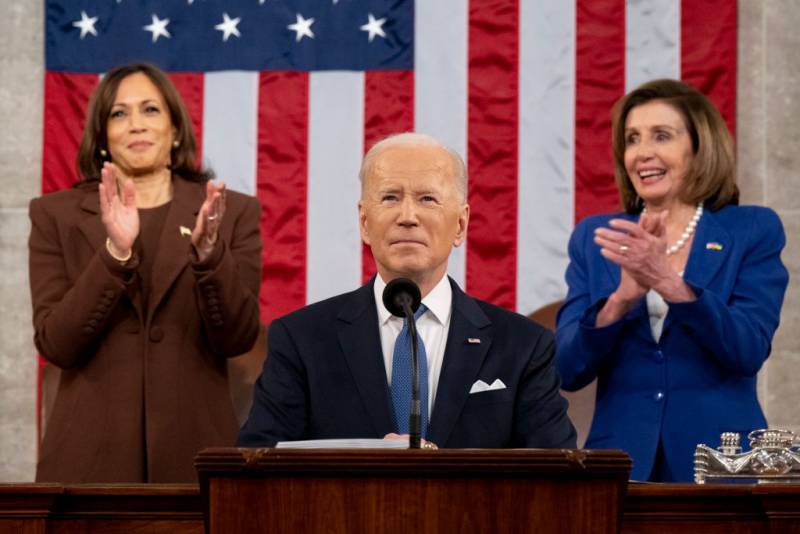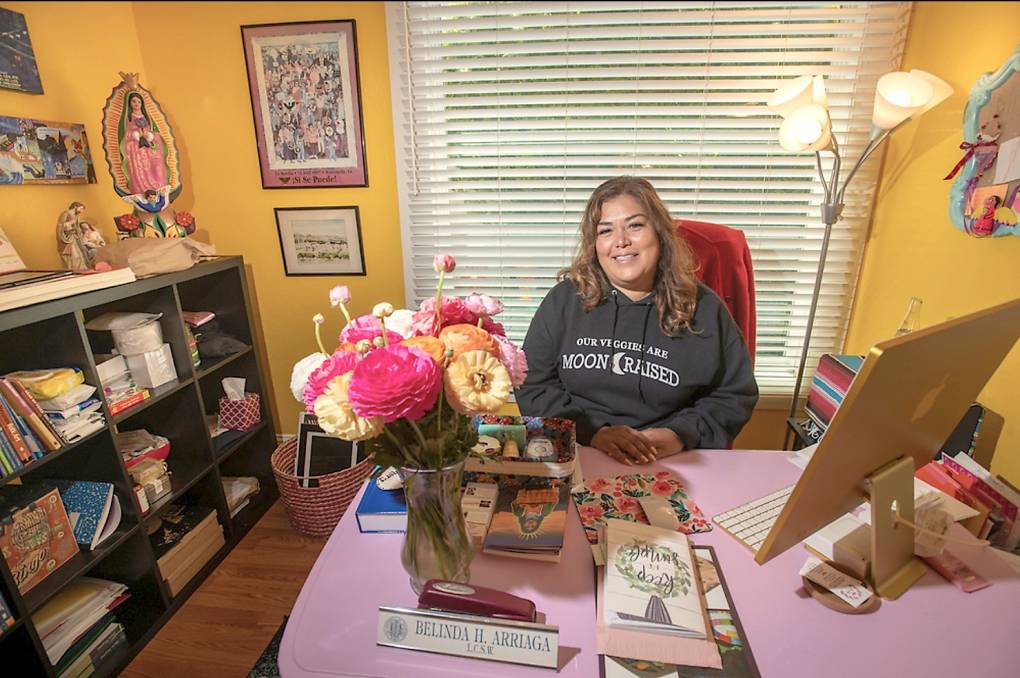Después del discurso, habrá un análisis liderado por A Martínez, presentador del programa Morning Edition de NPR, y los corresponsales Franco Ordóñez, Claudia Grisales y Eyder Peralta de NPR junto con Sergio Martínez-Beltrán de la estación KUT. En un comunicado a sus estaciones locales, NPR explicó que a través de ofrecer una cobertura bilingüe, las estaciones podrán expandir la información que ofrecen a sus audiencias.
Christian Arana es vicepresidente de asuntos políticos para el grupo Latino Community Foundation, el cual otorga subvenciones a organizaciones latinas e impulsa el papel de los latinos en la política de California. Arana indica que hay más de 67 millones de personas en EE.UU. que hablan otro idioma en la casa que no es inglés, una cifra que se ha triplicado en los últimos 40 años.
“Cuando vemos lo que es el estado de la Unión, es una celebración de la democracia. Pero una democracia también significa que el pueblo debe de estar informado”, dijo él. “Por eso es tan importante que lo qe se diga esa noche, la gente lo pueda entender y sentirlo en el idioma que hablan”.
Según datos del Censo de EE.UU., alrededor de 41 millones de personas en el país hablan español y 11 millones viven en California.
“Acabamos de experimentar una pandemia mundial y el acceso a la información contribuyó a si alguien se hacía la prueba del COVID-19 o si se vacunaban o no”, agregó. “En estos años, hemos visto a primera mano qué tan importante es la accesibilidad lingüística”.
Una de las personas que estará en Washington, D.C. para presenciar el discurso es Belinda Hernández-Arriaga, directora y fundadora de Ayudando Latinos a Soñar (ALAS), un grupo comunitario de Half Moon Bay, el cual ha apoyado a las familias de las siete víctimas del tiroteo masivo que ocurrió en esa ciudad el pasado 23 de enero. ALAS ha otorgado comida, vivienda y apoyo emocional a las familias que perdieron un ser querido o su hogar. Brian Watt, presentador de KQED, hablará con Hernández-Arriaga en Morning Edition este martes.


